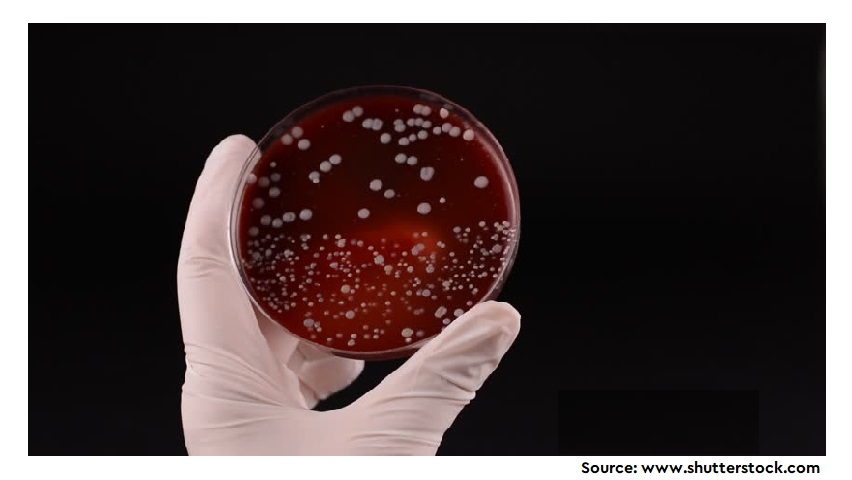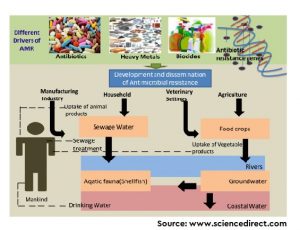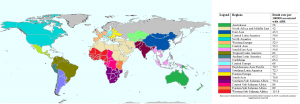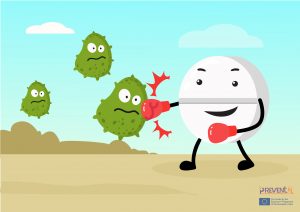Biofilm is complex self-secreted matrix of bacteria composing polysaccharides, extracellular DNAs, and proteins that have adhered to surfaces, to create a biofilm. Biofilms enable the infection to persist, prevent the absorption of antimicrobials, and encourage drug resistance in bacteria, making it challenging to treat bacterial infections. The bacteria are immune to the attack of antibiotics in the presence of biofilm microenvironment and also hampers the infected body tissue repair.
Photodynamic Therapy (PDT) is a therapeutic approach that shows promise in the management of bacterial infections. PDT offers alternative treatments for infections caused by drug-resistant bacteria because it is considerably harder for bacteria to develop resistance to it than antibiotic treatment. In this research the authors not only destroyed biofilm of resistant bacteria in its environment but also, the hypoxic microenvironment in bacterial biofilms was potentiated by PDT and activated metronidazole antibiotic to kill bacteria. This provides PDT-activated chemotherapy for the treatment of Methicillin- resistant Staphylococcus aureus (MRSA) biofilm infections.
To know more about the research results on biofilm infection microenvironment modulation and tissue repair of biofilm infected wounds please visit the website of ‘nature communications’ (Link).







